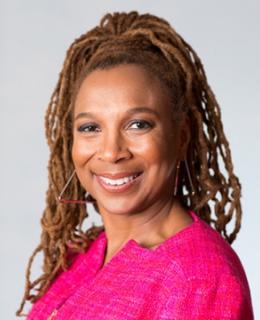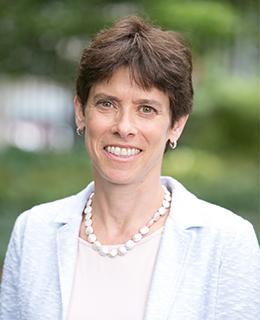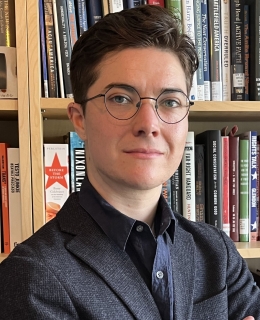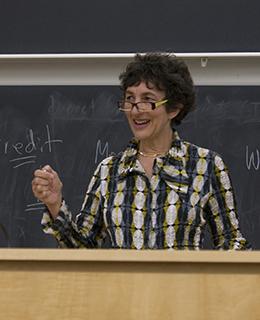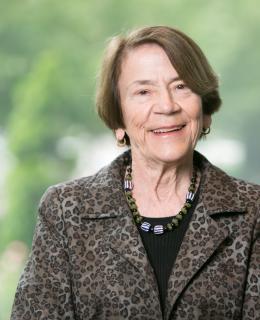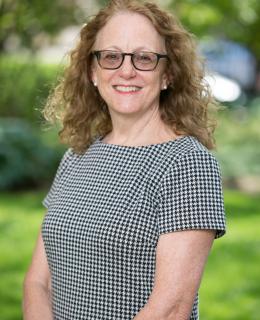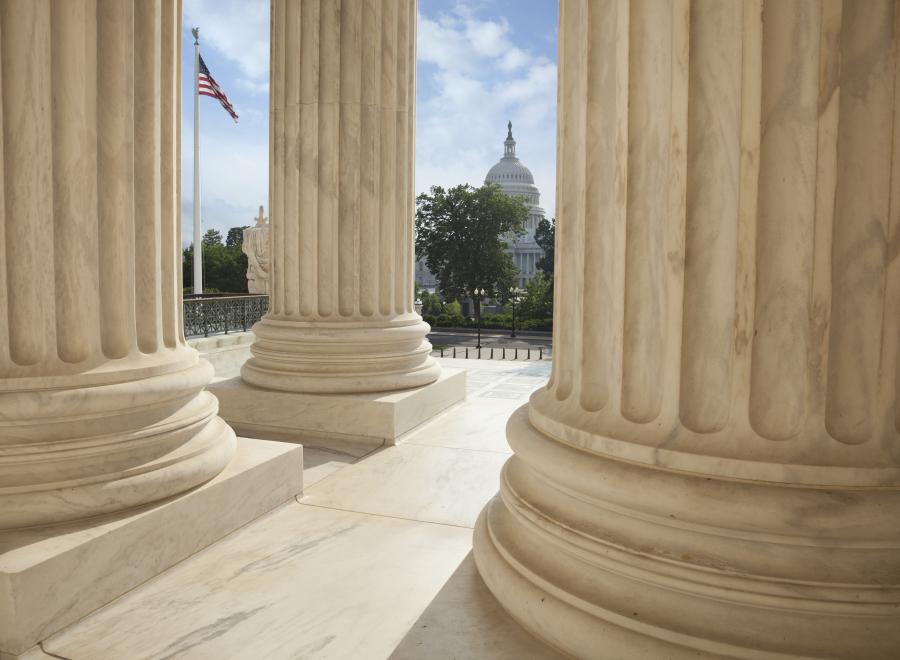Some of the most profound questions of justice and equality involve the ways in which the private lives of individuals intersect with modern notions of gender, sexuality, and family. Scholars and advocates grapple with historical and ongoing discrimination against families along numerous dimensions, including race, income, and ability. Debates rage in legislatures and the courts about laws regarding issues such as child removal from parental care, reproductive rights, intimate partner violence, the economic rights of unmarried partners, employment discrimination, and sexual harassment and assault.
As societal norms evolve, how does the law respond to changing definitions of the family, protect the rights of children and parents, and ensure equal treatment under law for women, the LGBTQ+ community, and people of all races, ethnicities, and income levels?
Columbia Law School pioneered the study of gender and sexuality law in the 1970s, when Ruth Bader Ginsburg ’59 became the Law School’s first female full-time tenured professor and introduced the first-of-its-kind Sex Discrimination seminar. Today, students can take a wide variety of courses covering the cultural, political, and historical contexts of LGBTQ+ rights, queer theory, and sexual rights claims in domestic and international contexts. Similarly, Columbia Law has a strong tradition of teaching students about critical areas of family law and offers significant doctrinal, clinical, and other experiential opportunities.
Why Columbia?
Study with professors who've been on the frontlines of impact litigation efforts, legislative work, and community advocacy projects.
Attend programs sponsored by the Center for Gender and Sexuality Law, a respected think tank that develops innovative approaches to issues facing identity-based social movements and frequently produces amicus briefs for the U.S. Supreme Court and other jurisdictions in precedent-setting cases.
Participate in the Family Defense Clinic and advocate for families facing efforts by the government to intervene in parents’ and children’s rights to live together.
Learn about the work of scholars and advocates addressing the profound impact of race and income—and other axes of discrimination—on the regulation of children and families
Edit the student-run Columbia Journal of Gender & Law, which publishes works rooted in feminist inquiry.

